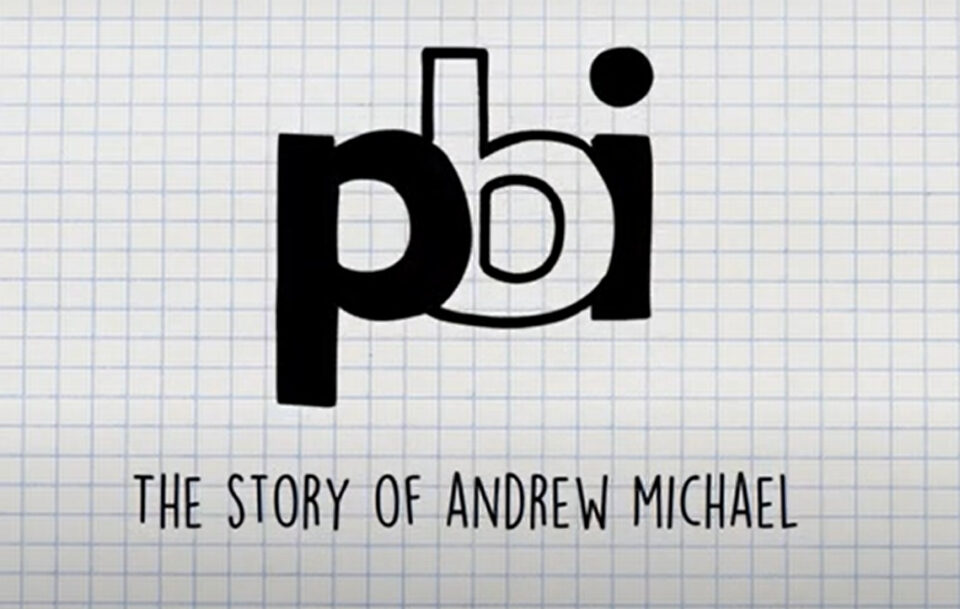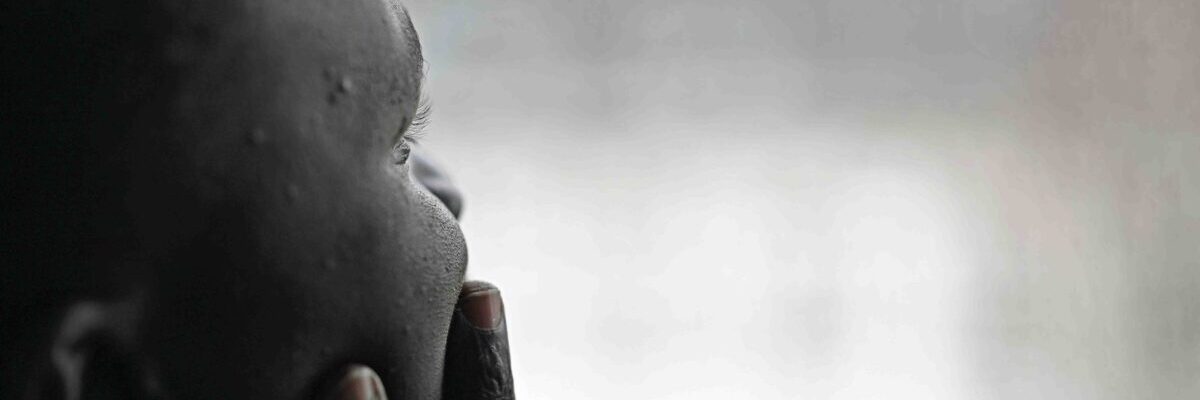Peace Brigades International had the chance to welcome Andrew Michael, an activist from South Soudan, earlier this year in Utrecht. In this interview, Andrew will present why Human Rights are at stake in his country and how he is fighting for them.
Q: What is the current situation in South Sudan-can you explain the evolution of the regime in power?
South Sudan split from Sudan in 2011 through a plebiscite exercise conducted as part of the 2005 Comprehensive Peace Agreement (CPA), ending the 22 years of civil war between the predominantly Muslims in the north and Christians in the south, claiming over 2.5 million lives.
The ruling elites rose to power in 2005 through the regional government arrangements protocol of CPA. Unfortunately, since 2005, the ruling elites refused to follow the principles of good governance that could lead to a peaceful transition of power through the awaited free, fair, and credible elections. In 2013, a disagreement between President Kiir and his political rival Riek Machar broke out, resulting in a pierced civil conflict and mutiny that disorganized the dream for the 2014 first-ever general elections. In 2015, a peace agreement was signed and backed by the Intergovernmental Authority on Development (IGAD), and it collapsed in 2016. Another peace agreement, known as the Revitalized Agreement on the Resolution of Conflict in the Republic of South Sudan (RARCSS), was signed in 2018 and supervised by the regional guarantors and the international community- but it fell short of implementing the key provisions within the given transitional period.
The persisting conflict gives birth to numerous cases of Human Rights abuse, arbitrary detention, impunity against journalists and Human Rights defenders, killings, forced disappearance, rape, and recruitment of child soldiers to fight for the interests of the ruling elites and opposition groups.
Q: Why are Human Rights at stake in South Sudan, and why is it vital to protect them?
South Sudan is the youngest member of the United Nations, and it subscribed to the Universal Declaration of Human Rights and Freedoms instruments mandating the UN member states to abide by its principles.
The five years of regional government plus 13 years of sovereign governance with an iron fist have been challenging to Human Rights defenders and journalists. The ruling elites often use flawed logic of laws to silence the critics and civil rights activists across the countries. The ruling elites passed the National Security Act in 2014, which empowers the security agency to arrest, detain, and interrogate journalists and activists without arrest warrants. Security agency operates as private entity restricting civic space, suppressing the media, and suffocating the breathing lungs of Human Rights and democracy in the country. Protecting Human Rights means saving lives, dignity, and freedoms from Human Rights violators who, at the same time, cling to power to serve their individual interests at the expense of the civil populace.
In South Sudan, human rights defenders often pay a heavy price in the line of their duties. It is a worthy struggle to ensure that Human Rights abuses are documented to serve as evidence during the accountability reckoning.
Q: What is your fight for human rights? What actions can you take in South Sudan and the Netherlands?
As a Shelter City guest in the Netherlands, I continued my work, remotely assisting and advising colleagues in the field to keep the work going even with my physical absence.
It was amazing to learn cyber security skills, counter surveillance, and how to use a secured communication line to navigate interception engines used to spy on the correspondence of Human Rights defenders. While in the Netherlands, I enhanced my network of potential partners and professionals working in the same field of defending Human Rights. The supplementary skills acquired from Utrecht University empowered me and enhanced my understanding of international humanitarian law in armed conflict.
Its relevance to post-conflict South Sudan gives me an idea for developing an advocacy strategy based on international humanitarian laws and other charters inherent to freedom of expression and Human Rights as a whole.
Q: What did you achieve during your stay in Utrecht?
I had enough rest, as that was my priority, attended mental health coaching, and met with key government institutions in the Netherlands.
I used my voice to advocate and interact with the Dutch government. Furthermore, I engaged with the government and non-governmental organizations in the Netherlands to stand up for Human Rights defenders in South Sudan.
Finally, I met with students and shared my story. Giving lectures to students helped spread awareness about human rights violations, and inspiring the young generation to pursue the fight for Human Rights was an important part of my stay in the Netherlands.

You can find out more about Andrew’s work by following the link to our YouTube page, where you will find an animated video depicting his work and story!
Special thanks to Linda Van Buggen, for creating this amazing animated documentary!
You can find more of her inspired work here!

